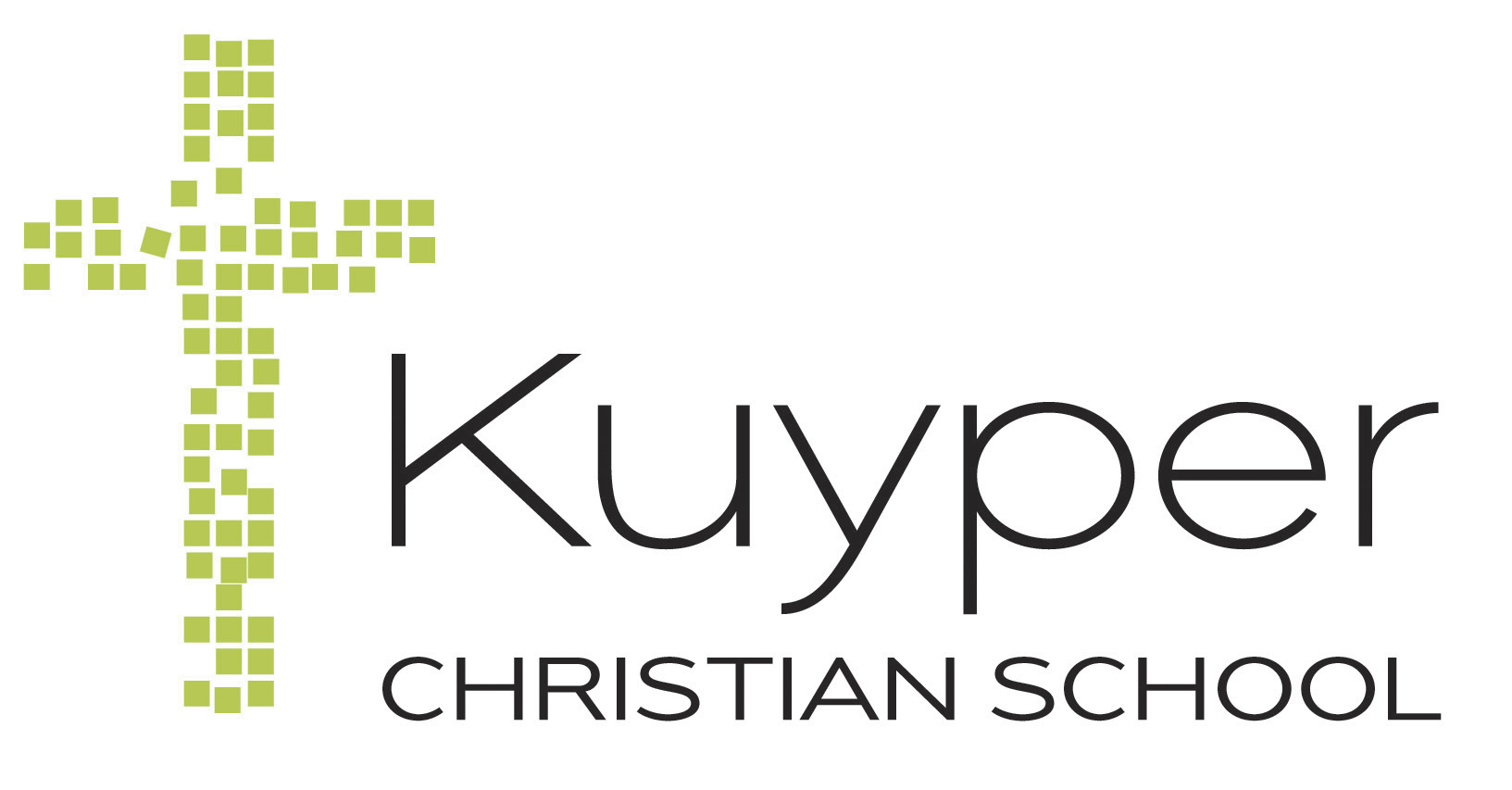Mark Ramsay, Principal
I received a parcel last week with the results of this year’s National Assessment Program – Literacy and Numeracy (NAPLAN) tests for Years 3, 5, 7, and 9 inside. Parents with children in these year groups will receive an envelope containing their child’s results in the coming week.
The arrival of this parcel caused me to consider again the nature of NAPLAN testing. It is important to remember that any type of standardised testing is designed to fulfil a specific purpose. NAPLAN tests were never intended to be used as a way of ranking students or schools. The results give insight for our staff team into the areas of literacy and numeracy in which our students are learning well and those areas that might require increased focus for the good of our whole student body. They are also helpful for you as parents in understanding your child’s areas of strength and where they could benefit from focusing on improvement. In other words, they help us keep fundamental literacy and numeracy learning on track. However, they are not a measure of individual success or worth.
The Bible clearly teaches that there is something unique about people. In the description of God’s creative work in the first few chapters of the Bible, only one aspect of creation is described as being created in God’s image – people. The plants, birds, creepy-crawlies and cuddly animals are made ‘according to their kinds’. But this is how Genesis 1:27 describes the creation of people,
So God created mankind in his own image,
in the image of God he created them;
male and female he created them.
There is something unique about people. We reflect God’s character more than any other part of His creation. We are relational, creative, social, emotional, playful, intellectual, artistic, and so much more. These things cannot be said about animals, at least not to the same extent. Humanity is the pinnacle of God’s creation, and we are blessed to be His image-bearers.
How does this help us understand the place of standardised testing?
There is no standardised test that can measure how well a child is reflecting God’s image. A test can measure one or a few aspects of a child’s competence, such as literacy and numeracy, but not everything that makes them who they are. The person God has made ‘in His image’ is much more than the results of a standardised test. At Kuyper, we want our students to understand this. Certainly, we want to help students grow their literacy and numeracy skills, but also their artistic expression, sporting prowess, coffee-making skills, and care of the environment. We want students to flourish in all the ways that God has made them as the unique person they are – not to be compared to each other.
At Kuyper, we have a particular vision of what it means to flourish: we want your children to grow in their ability to live restoratively for Jesus in the world that belongs to Him. Jesus puts it this way,
A new command I give you: Love one another.
John 13:34-35
As I have loved you, so you must love one another.
By this everyone will know that you are my disciples, if you love one another.
To live as God’s person in His world, the most important ‘skill’ to learn is how to love others. NAPLAN doesn’t measure this. No standardised test can measure this. Only in relationship can we know how well any of us is loving others.
At Kuyper, we are a community of learners – all of us. I am still learning about loving well with God’s love, and being in this amazing community encourages me to continually strive to do better at this. It is my prayer that this will be true for every member of staff, every student, and every member of our wider Kuyper community. Your children are young people made in God’s image; I encourage you to celebrate, above all else, their successes in showing love to others.

